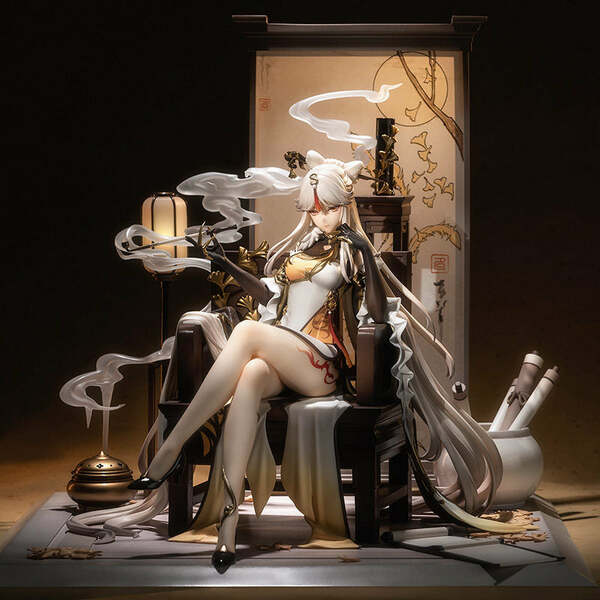Introduction
The Genshin Shop in Genshin Impact is not just a mere virtual marketplace but a thriving economy that drives the in-game transactions and experiences. This article delves into the intricate dynamics of the Genshin Shop economy, exploring the factors that influence it and the impact it has on the overall gameplay. By understanding the virtual market dynamics, players can make informed decisions, navigate the shop with efficiency, and optimize their in-game resources.
Supply and Demand: Shaping the Market
Like any real-world economy, the Genshin Shop operates on the principles of supply and demand. The availability of items, such as characters, weapons, and resources, determines their value within the market. Rare and highly sought-after items tend to have limited supply, making them more desirable and valuable. Player demand for these items is driven by their perceived utility, rarity, and overall gameplay advantages. The interplay between supply and demand influences the prices and availability of items within the Genshin Shop.
Currency and Resource Management
The Genshin Shop economy revolves around various currencies and resources, each with its own role and value. Primogems, the premium currency, can be acquired through gameplay achievements, quests, events, and purchases. This currency enables players to make wishes and acquire characters, weapons, and other items. Managing Primogems effectively is crucial, as they are a limited resource that must be allocated strategically to maximize their value. Additionally, other in-game resources, such as Mora and materials, play a vital role in the economy, as they are used for character upgrades and enhancements.
Limited-Time Offers and Exclusivity
The Genshin Shop economy is influenced by limited-time offers and exclusivity. The introduction of time-limited banners and promotions creates a sense of urgency and scarcity, driving player engagement and spending. Exclusive items or variants of characters and weapons further contribute to the exclusivity factor, making them highly sought after by collectors and enthusiasts. Limited-time events and collaborations also play a role in shaping the economy, as they introduce unique items and experiences for a limited duration.
Inflation and Market Stability
The Genshin Shop economy, like any market, is subject to fluctuations and potential inflation. The introduction of new items, updates, and changes to the game can impact the prices and availability of existing items. Inflation may occur when the supply of currency or resources increases significantly, leading to a decrease in their purchasing power. Developers strive to maintain market stability by balancing the supply and demand dynamics, adjusting prices, and introducing new content to keep the economy dynamic and engaging.
Player Influence and Community Market Trends
The Genshin Shop economy is not solely dictated by the developers but is also influenced by the player community. Player preferences, trends, and feedback shape the market dynamics, as developers respond to player demands and adjust offerings accordingly. The player community also contributes to the secondary market through player-to-player trading or external platforms, where items and accounts are bought and sold. This player-driven market adds another layer of complexity to the Genshin Shop economy.
Conclusion
The Genshin Shop economy is a fascinating ecosystem within Genshin Impact, driven by supply and demand, currency management, limited-time offers, and player influence. Understanding the virtual market dynamics enables players to navigate the shop with a strategic mindset, making informed decisions about purchases and resource allocation. By examining the factors that shape the Genshin Shop economy, players can optimize their gameplay experience and actively participate in the vibrant virtual marketplace of Genshin Impact.



